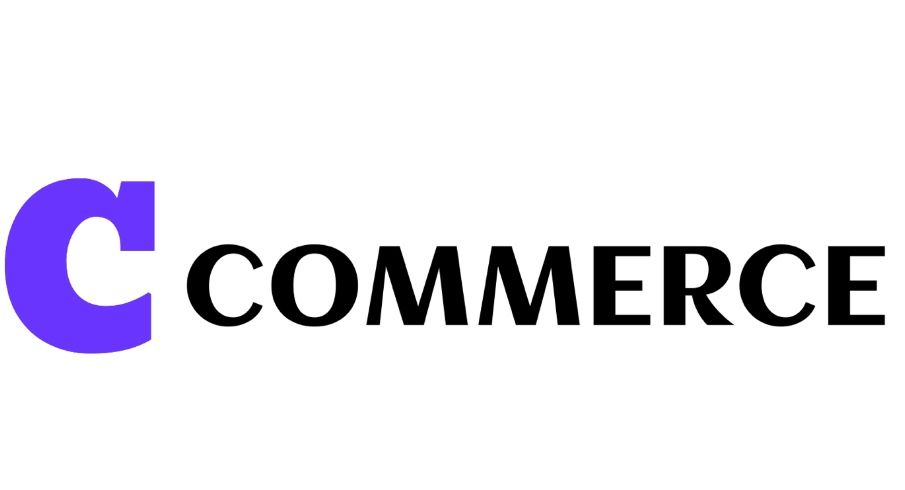Merchant Sovereignty in E-Commerce Replatforming: BigCommerce vs Shopify
DL
Understanding Merchant Sovereignty in E-Commerce Replatforming
In the rapidly evolving digital commerce landscape, businesses often find themselves at a crossroads when choosing the right platform for their e-commerce needs. The concept of merchant sovereignty has become a crucial consideration, as it encompasses the control and independence merchants have over their online stores. Two leading platforms, BigCommerce and Shopify, offer distinct approaches to this sovereignty, impacting how businesses manage and grow their online presence.

BigCommerce: Flexibility and Control
BigCommerce is renowned for offering merchants a high degree of flexibility and control. It provides a comprehensive set of tools that allow businesses to customize their online stores extensively. Merchants can benefit from BigCommerce's open API and a rich feature set that supports a variety of business needs without requiring advanced coding skills. This openness ensures that businesses can adapt their online stores as they scale and evolve.
Additionally, BigCommerce supports a wide range of third-party integrations, enabling merchants to connect seamlessly with various applications and services. This flexibility is particularly beneficial for businesses that require unique functionality or wish to integrate with existing systems such as ERP or CRM platforms. As a result, BigCommerce is often favored by businesses that prioritize customization and scalability.

Shopify: Simplicity and Ease of Use
Shopify, on the other hand, is celebrated for its simplicity and ease of use. It provides a user-friendly interface that allows even those with minimal technical knowledge to set up and manage an online store efficiently. This ease of use is complemented by a vast array of themes and plugins available through the Shopify App Store, enabling merchants to enhance their store's functionality with minimal effort.
However, the simplicity of Shopify comes with some trade-offs in terms of merchant sovereignty. Shopify's platform is more closed, meaning that while it offers a streamlined experience, it may limit the degree of customization and control that merchants have. For businesses seeking a straightforward solution without the need for extensive customization, Shopify presents a compelling option.
Comparing Costs and Value
When considering replatforming, cost is a significant factor for any business. Both BigCommerce and Shopify offer tiered pricing plans that cater to different business sizes and needs. However, the value derived from these platforms can vary based on the specific requirements of the merchant.
BigCommerce often provides more built-in features on its standard plans, which can reduce the need for additional apps or extensions. This can make BigCommerce a cost-effective choice for businesses that need robust features out of the box. Conversely, Shopify's extensive app ecosystem allows merchants to tailor their store at an additional cost, which can quickly add up depending on the number of apps required.
Choosing the Right Platform
The decision between BigCommerce and Shopify ultimately depends on the individual business's goals and operational requirements. For businesses that prioritize control and customization, BigCommerce's open platform and flexible integrations make it an attractive choice. Meanwhile, Shopify's streamlined setup and user-friendly interface are ideal for merchants seeking simplicity and efficiency.
In conclusion, understanding the nuances of merchant sovereignty in e-commerce replatforming is essential for making an informed choice. By evaluating the features, flexibility, and costs associated with each platform, businesses can select the one that best aligns with their strategic objectives and desired level of control over their online store.
